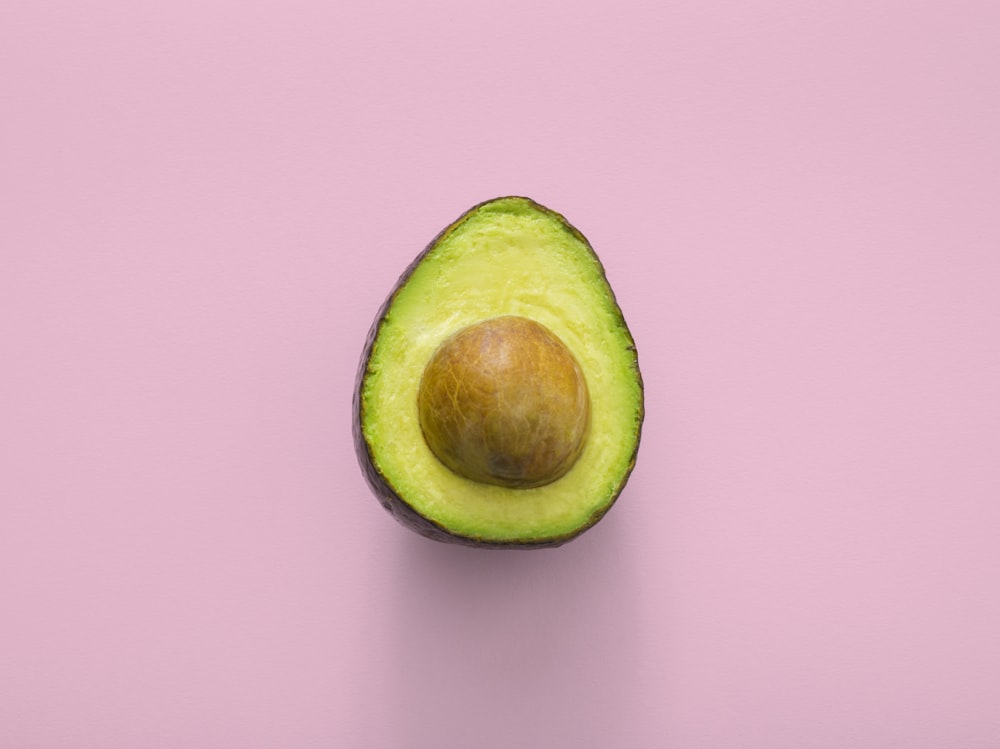
Introduction
In the realm of parenting, one of the most significant concerns for caregivers is ensuring their little ones receive optimal nutrition. For infants and toddlers, nutrient-dense foods play a vital role in supporting healthy growth and development. In this article, we delve into the importance of nutrient-dense baby food and explore some healthy choices that can nourish and support your little one’s journey from infancy to toddlerhood.
Understanding Nutrient-Dense Baby Food
Nutrient-dense baby food refers to foods that provide a high concentration of essential nutrients relative to their calorie content. These foods are packed with vitamins, minerals, proteins, and healthy fats, offering a powerhouse of nutrition in every bite. Unlike empty-calorie snacks, nutrient-dense options supply the building blocks necessary for healthy growth and development during the critical early years of life.
The Importance of Optimal Nutrition
During the first few years of life, infants and toddlers experience rapid growth and development, both physically and cognitively. Adequate nutrition during this period is crucial as it supports brain development, strengthens the immune system, and lays the foundation for lifelong health and well-being. Nutrient-dense baby foods provide the essential vitamins and minerals necessary for these processes, helping to ensure that little ones thrive during their formative years.
Choosing the Right Foods
When it comes to selecting nutrient-dense baby foods, variety is key. Aim to offer a diverse array of fruits, vegetables, whole grains, lean proteins, and healthy fats to provide a broad spectrum of nutrients. Opt for fresh, whole foods whenever possible, as they are often richer in nutrients compared to processed alternatives. Additionally, incorporating organic options can help minimize exposure to pesticides and other harmful chemicals.
Fruits and Vegetables
Fruits and vegetables are nutritional powerhouses, packed with vitamins, minerals, and antioxidants that support overall health. Introduce a rainbow of colors to your little one’s diet, as different hues signify different nutrients. For example, orange fruits and vegetables like carrots and sweet potatoes are rich in beta-carotene, which is essential for eye health and immune function, while leafy greens like spinach and kale provide iron and folate necessary for growth and development.
Whole Grains
Whole grains are an excellent source of complex carbohydrates, fiber, vitamins, and minerals. Choose whole grain options such as brown rice, quinoa, oats, and whole wheat bread and pasta to provide sustained energy and promote digestive health. Avoid refined grains and products containing added sugars, as they offer little nutritional value and can contribute to unhealthy weight gain and blood sugar imbalances.
Lean Proteins
Protein is essential for muscle growth, tissue repair, and overall development. Opt for lean sources of protein such as poultry, fish, tofu, beans, and lentils to provide the necessary building blocks for your little one’s growing body. These options are also lower in saturated fat compared to red meats, making them heart-healthy choices for your child’s diet.
Healthy Fats
Healthy fats play a crucial role in brain development, hormone production, and cell membrane function. Include sources of healthy fats such as avocados, nuts, seeds, and olive oil in your little one’s diet to support cognitive function and overall health. Omega-3 fatty acids, found in fatty fish like salmon and sardines, are particularly important for brain development and may help improve cognitive function in infants and toddlers.
Homemade vs. Store-Bought
While store-bought baby food can be convenient, homemade options offer greater control over ingredients and quality. Making your own nutrient-dense baby food allows you to select fresh, organic ingredients and tailor recipes to suit your child’s tastes and nutritional needs. Invest in a good-quality blender or food processor and experiment with different combinations of fruits, vegetables, grains, and proteins to create delicious and nutritious meals for your little one.
Conclusion
In conclusion, nutrient-dense baby food plays a crucial role in supporting healthy growth and development during the early years of life. By choosing a variety of whole foods rich in essential nutrients, parents can provide their little ones with the building blocks necessary for optimal health and well-being. Whether opting for homemade creations or store-bought options, prioritizing nutrient density ensures that every bite counts toward a bright and healthy future for your child. Read more about Nutrient-dense baby food options








